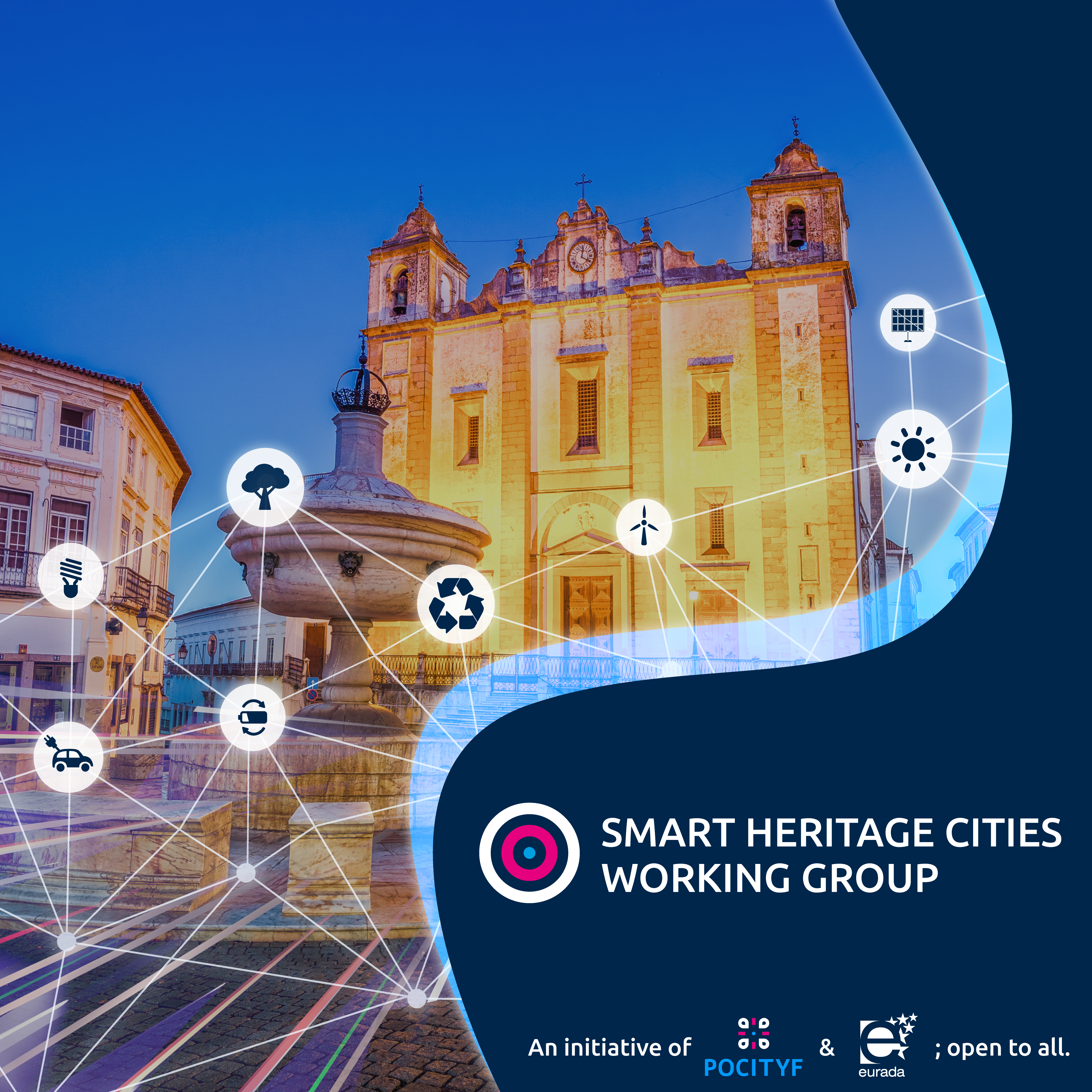The meeting provided an ideal platform for cities and regions to share their experiences and best practices related to cultural heritage preservation and energy transition.
During the meeting, two case studies were presented. Bojan Schnabl, from the Housing Department and Strategic Projects & International Affairs, presented the Smarter Together project, which focused on enhancing energy efficiency in buildings, developing sustainable mobility solutions, and promoting citizen engagement in Vienna. Bojan highlighted the importance of involving stakeholders in all phases of the process, through governance learning and replication. He also referred to succeeding projects resulting from its forerunner, such as WieNeu+, to further illustrate this point.
Julia Egenolf, Advisor to the Mayor for Environment, Climate, Green and City Properties in Cologne, presented the GrowSmarter project, which aimed to promote sustainable and intelligent growth in Cologne and Stockholm through initiatives related to energy, mobility, and integrated infrastructures. The project's outcomes indicate the potential for transformative change through collaborative efforts towards smart and sustainable cities.
A round of questions and answers followed, where participants shared their experiences and insights. They discussed the significance of sharing vision, values, best practices, and knowledge among stakeholders, creating partnerships between governance and private stakeholders, and engaging citizens in the process, as these were pioneering projects in their respective municipalities. Sharing responsibilities and delegating decision-making are other lessons learned after carrying out the projects. Innovative solutions were also discussed, highlighting the virtual power plant as the most innovative solution from an energy point of view. Not able to join the meeting? Watch the recording here.
The 10th Meeting of the Working Group on Smart Heritage Cities, entitled "Best Practices on Smart City Transformation and Rehabilitation," will be held on the 17th of May from 11:00 to 12:00 CEST. This meeting aims to offer a platform for local authorities to share their experiences in preserving and restoring cultural heritage sites. Experts will make presentations and connect topics around energy transition and cultural heritage preservation. It is an opportunity for professionals to learn about the latest trends, strategies, and best practices in smart city transformation and rehabilitation.
